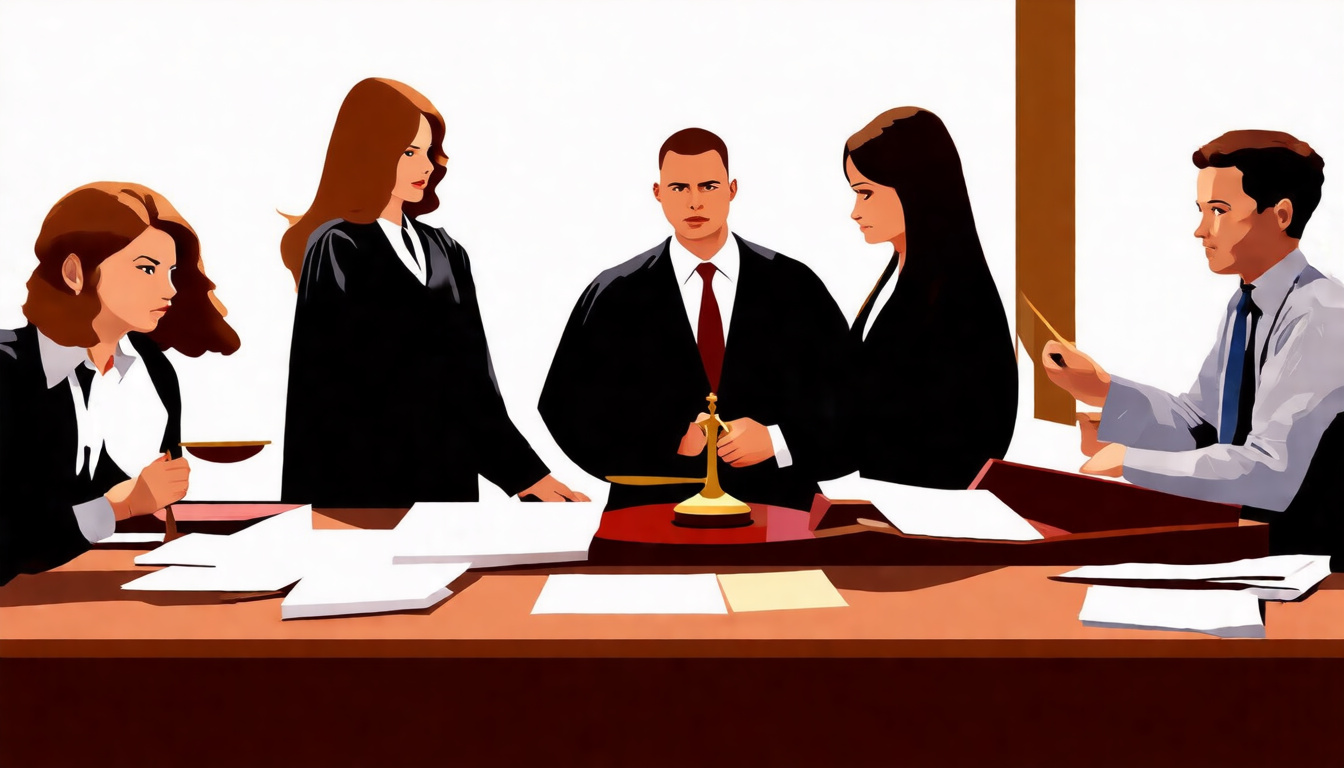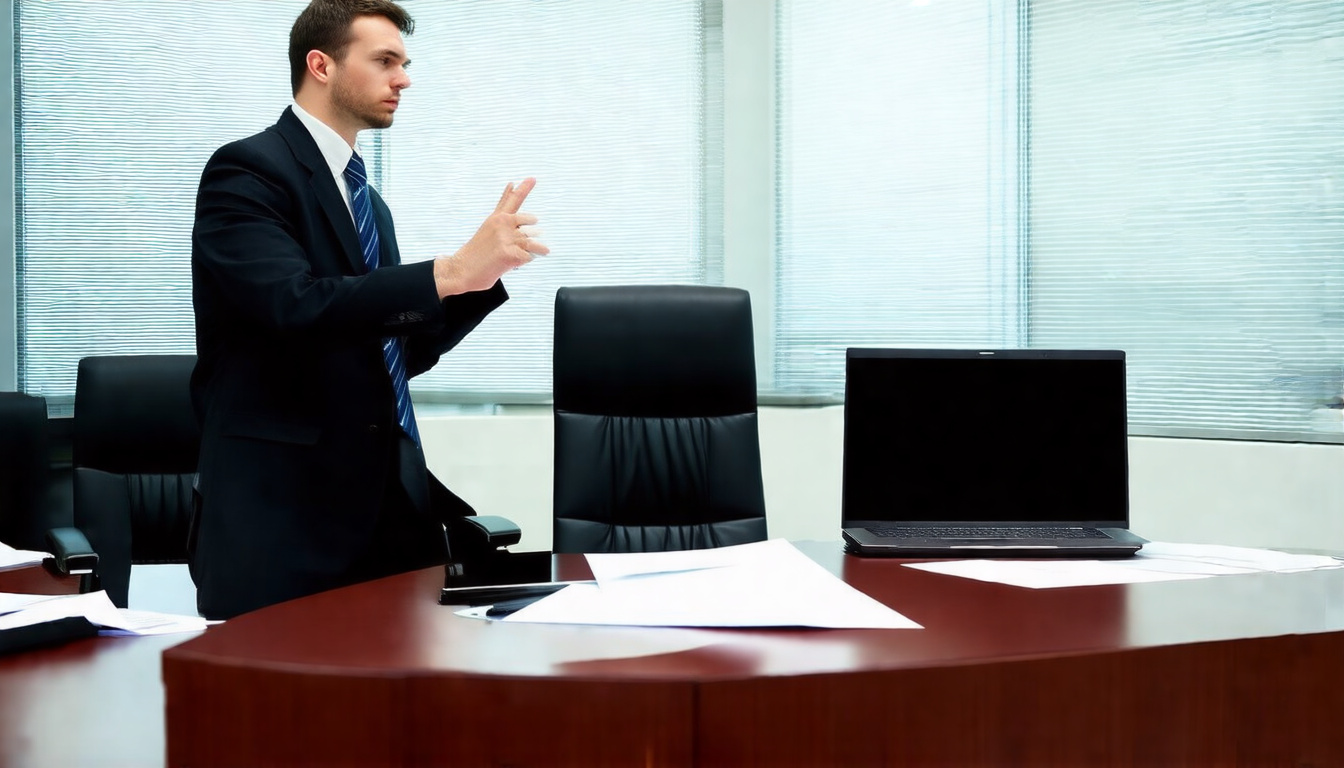In the complex world of legal disputes, building a solid liability defense protects both people and businesses. A strong defense helps you fight high judgments and keeps your reputation safe. You face personal injury claims, negligence, or product suits. A clear, well-planned defense can shape your case’s outcome. This article lists top methods for a good liability defense and gives clear tips to defendants and their legal teams.
Understanding Liability Defense
Liability defense uses legal arguments to fight or lessen claims of harm. In civil lawsuits, a plaintiff claims that your actions or carelessness caused damage. A strong defense checks all facts, studies the law, and looks at the rules that matter. It also shows gaps in the plaintiff’s case, points to shared fault, or proves you did not cause the harm.
1. Conducting a Comprehensive Case Investigation
A deep case investigation builds a solid defense. You gather evidence like documents, emails, contracts, and notes. You interview witnesses and experts who support your view. You check the place where the injury or damage occurred. You also review safety rules, maintenance logs, and industry standards. All these pieces work together to weaken the plaintiff’s case and build strong arguments.
2. Challenging the Plaintiff’s Burden of Proof
In civil cases, the plaintiff must show your fault with a clear link to the injury. Here, your aim is to find weak spots in their case. You point out missing details or gaps in proof. You show that the plaintiff does not fully link your actions to the harm. By breaking their evidence, you help shift the case in your favor.
3. Asserting Affirmative Defenses
At times, you admit some facts and add new truths to fight the claim. This method uses what are known as affirmative defenses. They include:
- Comparative or contributory negligence: Proving that the plaintiff also acted carelessly.
- Assumption of risk: Showing the plaintiff knew the dangers involved.
- Statute of limitations: Arguing that the lawsuit came too late.
- Compliance with standards: Demonstrating that you followed required rules.
Each defense depends on clear facts and smart legal thinking.
4. Leveraging Expert Witnesses
Experts often play a key role in a liability defense. They offer clear, technical insights that explain the issues. For instance:
- Forensic engineers can review product defects or reconstruct accidents.
- Medical professionals can explain how injuries happened and how serious they are.
- Industry specialists can clarify standard practices and safety rules.
Choose experts who speak clearly and match your case well.

5. Negotiating Settlements Wisely
Many cases do not reach trial and are instead settled. An effective strategy weighs settlement offers against trial risks and costs. Key points include:
- Knowing the true value of the claim, including damages, fees, and reputation harm.
- Keeping open but careful communication with the opposing counsel.
- Using settlement to end long litigation and avoid bad publicity.
A well-planned settlement can cut costs and reduce risk.
6. Preparing for Trial Thoroughly
If settlement fails, a strong trial defense is needed. Your team then plans clear opening statements, strategic cross-examinations, and persuasive closing arguments. Preparation means:
- Organizing exhibits and documents for quick use.
- Making a clear plan for asking questions of witnesses.
- Thinking ahead about what the plaintiff may say and having answers ready.
A firm, well-prepared presentation helps show the court the strength of your defense.
Summary: Key Strategies for Effective Liability Defense
In summary, these are key steps for a strong liability defense:
- Investigate deeply to gather and review all facts.
- Challenge the plaintiff’s proof of your fault.
- Use affirmative defenses to reduce or avoid blame.
- Bring in expert witnesses to support your technical claims.
- Negotiate carefully to lower risk and cost.
- Prepare thoroughly for trial to present clear, strong arguments.
FAQ About Liability Defense
Q1: What is the main goal of liability defense in legal cases?
A1: The goal is to fight or lessen your legal responsibility for the plaintiff’s claims by refuting their evidence, using strong defenses, or settling smartly.
Q2: How important are expert witnesses in liability defense cases?
A2: Experts are key because they add technical insight and clear analysis that can support your case while challenging the plaintiff’s claims.
Q3: Can liability defense succeed without going to trial?
A3: Yes, many cases settle before trial, saving time and reducing the risks of an unpredictable court decision.
Authoritative Source
For more details on liability claims and civil litigation, visit the American Bar Association’s guide on civil litigation and liability (ABA).
Take Action: Strengthen Your Liability Defense Today
A strong case defense needs careful planning, clear legal analysis, and a deep review of all facts. If you face a liability suit, do not leave your defense to chance. Work with experienced attorneys who know these steps and can craft a defense that fits your situation. Taking action now helps protect your rights, reduce risks, and guide you safely through the legal process. Contact a trusted legal expert today to build a strong defense and protect your interests.
Author: Doyle Weaver, Attorney at Law
Home | Estate Planning | Personal Injury | Hill Country Lawyer | Terms of Service | Privacy Policy
© 2025 Digital Law Firm, P.C.
Disclaimer: The content provided in this blog is for educational and informational purposes only. It is not intended to constitute legal advice or establish an attorney-client relationship. The information presented does not address individual circumstances and should not be relied upon as a substitute for professional legal counsel. Always consult a qualified attorney for advice regarding your specific legal situation. The author and publisher are not liable for any actions taken based on the content of this blog.

Leave a Reply